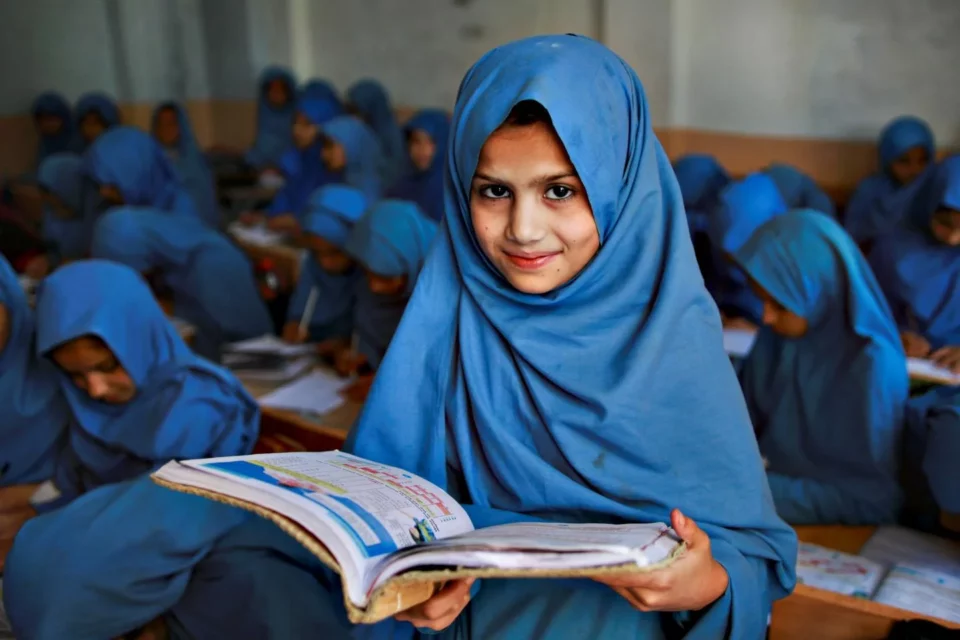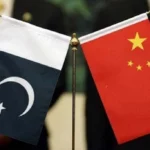Pakistan Tehreek-e-Insaaf government, in its tenure (2018-2022), introduced Single National Curriculum (SNC) under the slogan of “One Nation, One Curriculum”.
The single national curriculum promised inclusivity, social cohesion, high-quality education, holistic development, the teaching of Islam and the developing of 21st-century required skills. However, the SNC has brought in several unnecessary challenges for people from different communities, ethnicities and parts of the country.
On August 16, 2021, former prime minister Imran Khan officially launched the single national curriculum and stated, “It will unify the country, remove class divisions, and eliminate the ‘mental slavery’ that the British colonial system of education had imposed”. The idea of imposing a uniform curriculum on all educational institutions has enmeshed in controversy and seen much debate across mainstream media, civil society and some social media platforms.
The single national curriculum desired public schools, private schools and madrassas to have similar learning outcomes. The first phase implements the curriculum from classes 1 to 5 across English medium schools and religious seminary schools in Punjab.
Pakistan has a variety of educational systems: public schools, high fee and low fee private English medium schools and religious seminaries (madrassas). The slogan of “One Nation, One Curriculum” seems quite catchy but the outfall of its implementation has exposed that it does not cherish diversity in terms of language, geography and quality of education.
READ THIS
Pakistan remains on FATF’s grey list
Pakistan’s GDP jumps to 6pc in FY2021-22
The single national curriculum is introduced by the Ministry of Federal Education and Professional Training, while education has become a provincial subject since the introduction of the 18th Constitutional Amendment. Sindh, the second largest province, has opposed the implementation of the single national curriculum, which speaks that the federal ministry has gone beyond its constitutional scope and without consultation with provinces.
The current curriculum, in its latest form, brings down the standards of education in English mediums schools. The single national curriculum is designed by the National Curriculum Council (NCC), headed by Dr Mariam Chughtai.
Addressing the question of taking all stakeholders on board, Dr Chughtai, who has a doctorate from Harvard University, responded that curriculum-making is a complex process and not a democratic one. Her own tweets show that she understands that the single curriculum undermines the best quality of education in private schools but she thinks these are the “elites” who are worried about the education standard of their children. Because of living in a bubble, she and her likes in the NCC have defeated its primary goals of social cohesion without realising that they were designing a curriculum for which they had no constitutional authority.
Both English medium schools and madrasahs have refused to adopt single curriculum books.
English medium schools are private and so are the madrassas. There has been a mushroom growth of private schools in recent years because public schools are incapable of producing an educated class. These schools use English as a medium of instruction and they teach from Oxford and Cambridge books. The students taught in English are now forced to study subjects like social science in Urdu.
The textbooks developed based on the single curriculum are being criticized for being overly religious, ignoring religious minorities and promoting inequalities among genders. It aims to disseminate the teachings of the Quran and Sunnah. Islamic teachings are not limited to the subject of Islamic Studies but are infused in Urdu and other books.
The single national curriculum does not provide separate books for religious minorities on these subjects. National Commission and Justices and Peace, expert and a team of educationalists have researched and found out that under the single curriculum 30 per cent of the content of class 3 English textbooks is a clear violation of Article 22 of the constitution of Pakistan.
The books approved by SNC are being criticised for promoting women’s traditional role, being contained to a household. The Women Action Forum (WAF) criticised the SNC, pointing out that “the curriculum is centred on ideological imperatives and in future, this will lead to a society with divided and gendered thinking”.
Textbooks designate the stereotypical role of mothers, daughters and wives. The acts of recreation or exercise do not involve them. In the textbooks boys are depicted playing and exercising, while girls are only visible as spectators in photos; hence described as “haphazard” and “sexist”.
There are, however, two positive changes that the SNC envisions to bring: critical thinking and creativity. These are the skills required for successful living in the 21st century.


